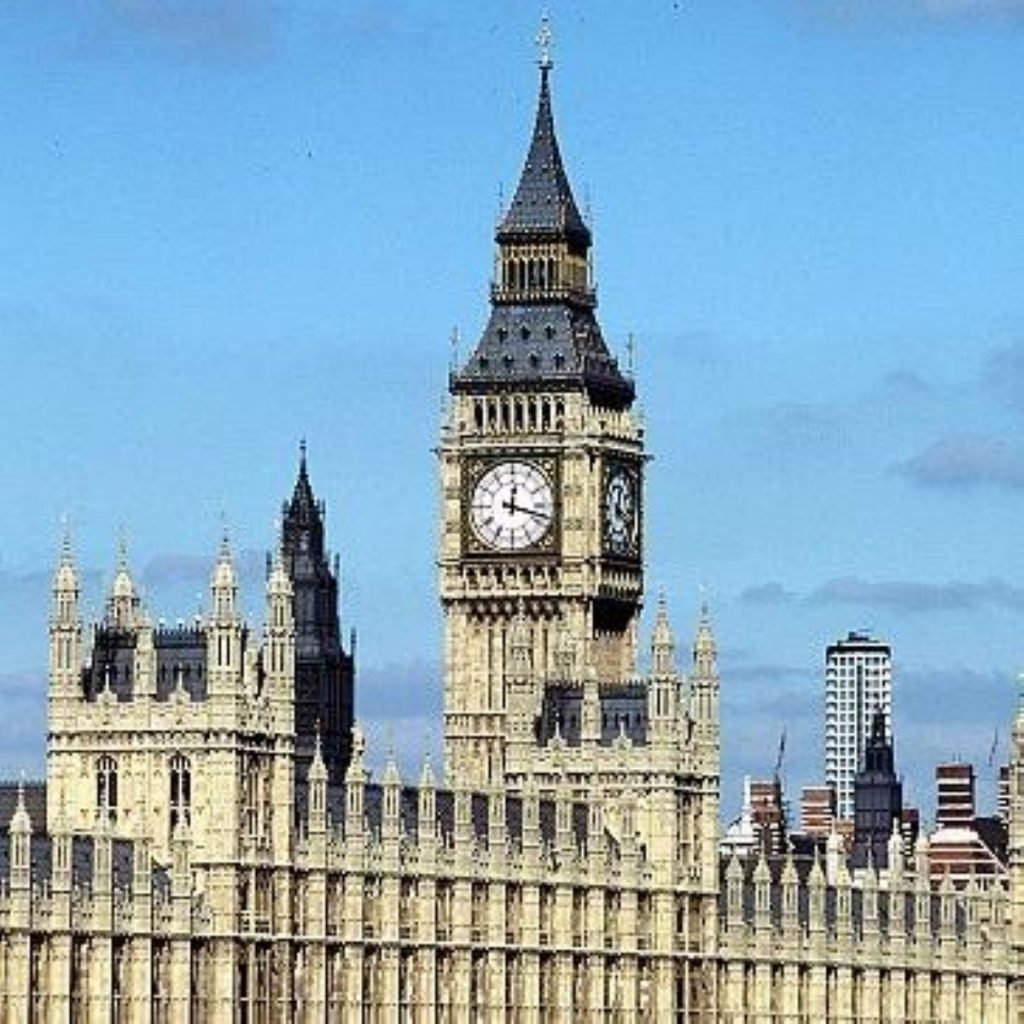MPs to lose right to set own pay
MPs may lose the right to decide their own pay rises, as the government struggles to persuade MPs to accept an inflation-curbing pay award.
The prime minister wants MPs to accept a 1.9 per cent pay rise, in line with other public sector workers.
But the board which makes recommendations for MPs’ pay is likely to suggest a pay rise of 2.8 per cent, with many backbenchers threatening to defy Gordon Brown’s calls for restraint.
This year the Senior Salaries Pay Board’s (SSPB) recommendations will be published alongside proposals for reform, with leader of the House Harriet Harman indicating MPs could lose the right to set their own pay.


The system whereby MPs recommend and vote on their own salaries has long been criticised, with any significant pay rise traditionally greeted with derision.
The government risks further embarrassment this year as Mr Brown has been uncompromising in his insistence public sector workers such as nurses, police officers and prison guards must accept a 1.9 per cent pay rise to maintain inflation.
Speaking to the Commons during business questions today, Ms Harman urged MPs to remember they are also “paid from the public purse”.
She said: “It is right that we should be subject to the same disciplines as the rest of the public sector.”
Mr Brown has also asked his backbenchers to show “the discipline that we ask of other people” and not approve a pay rise above two per cent.
MPs will enjoy a free vote on pay but David Cameron is also likely to urge his own frontbenchers to show restraint.
Ms Harman warned MPs this decision would be “possibly the last time” they get to debate and approve their own pay.
The SSPB’s reforms are likely to recommend parliament find another “objective criteria” to set MPs’ pay.
Ms Harman said: “Many members say they find it unacceptable, and we know the public don’t accept that MPs can decide by voting their own pay and pensions.
“We therefore intend to review the procedures for setting MPs’ pay and pensions in the future, with a view to examining options that find objective criteria for pay determination within a framework that does not require members to vote.”
The SSPB’s report is expected to say MPs’ £60,675-a-year salary should rise by 2.8 per cent.
With further rises in 2009 and 2010 this could allow MPs to claim a pay rise of around ten per cent over three years.
MPs’ pensions are linked to their final salary and with a number of MPs planning to retire at the end of this parliament it has been speculated they are motivated to push for higher pay.









